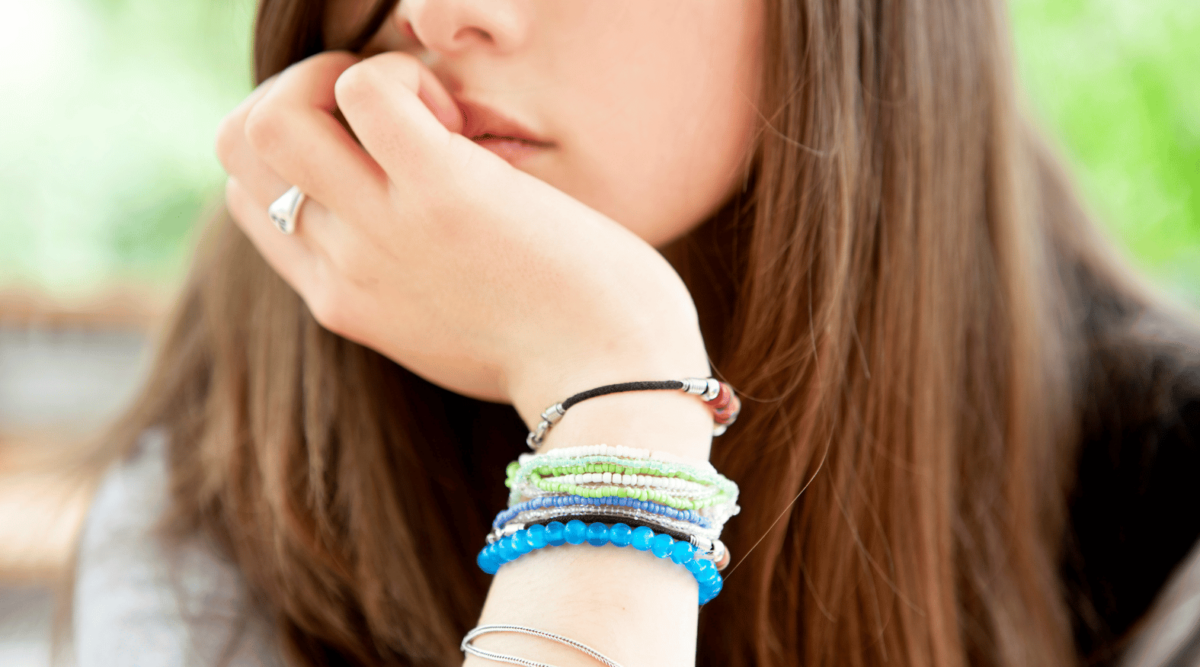It’s the latest conservative dog whistle. Across Canada, “parents’ rights” has become a rallying cry for anti-queer activists. And it’s garnering the support of mainstream politicians.
Saskatchewan passed its “Parents’ Bill of Rights” in October, enshrining Premier Scott Moe’s anti-trans student name and pronoun policy into law. Conservative Leader Pierre Poilievre has taken a public “stand for parental rights.” And New Brunswick Premier Blaine Higgs is pegging his re-election bid on his government’s defense of parents’ rights via Policy 713; that policy requires schools to obtain parental consent before recognizing the chosen names of trans and non-binary students under 16 years of age.
But here’s the thing: “parents’ rights” don’t really exist under Canadian constitutional law.
What even are ‘Parents’ Rights?’

We need to be clear about what we’re talking about here. Because parents do enjoy some constitutional rights as parents under the Canadian Charter of Rights and Freedoms. But before you accuse me of contradicting myself, hear me out.
Parents have a right to liberty. And that affords them the liberty to raise their children in accordance with their own values, most notably their religious values. But—and this is important—that doesn’t give them the right to override their children’s own rights under the Charter, notably their children’s rights to life and security of the person.
The seminal case concerning parents’ rights is the Supreme Court’s decision in B. (R.) v. Children’s Aid Society of Metropolitan Toronto. In that decision, the Supreme Court held that while parents can raise children how they choose, they are not free to do so in a manner that is contrary to their children’s best interests.
As usual, in constitutional law, whatever rights parents enjoy are subject to reasonable limitations.
But parents’ limited freedoms are not what conservatives are talking about when they talk about “parents’ rights.”
What they mean is parents’ “right” to dictate their children’s gender identity and expression over and against their children’s own right to choose who they are.
Saskatchewan’s “Parents’ Bill of Rights” is a case in point. The law requires schools to obtain parental consent before teachers can use the chosen name and pronouns of a student under 16 years of age.
For those students with supportive parents, this requirement isn’t a big deal. But for those students whose parents are unsupportive of their chosen gender identity and expression, this law deprives them of a safe space in which they can be who they are. If they come out at school, the law requires schools to out them—exposing them to the very real risk of family violence, discrimination, and abuse at home.
In effect, Saskatchewan’s new law targets the subset of trans and nonbinary youth whose families oppose their gender identity and expression. Why, after all, would it require schools to obtain parental consent if not because it seeks to afford parents the “right” to deny their children the freedom to choose whether to socially transition by changing their name and pronouns?
What “parents’ rights” means in this context is the right to discriminate, to control, and to abuse.
Now, the Charter protects lots of things.
It safeguards the right to equality before the law; the right of citizens to vote; the right not to be subject to cruel and unusual punishment; and other rights Canadians quite correctly hold dear. What it doesn’t do is enshrine into constitutional law—the highest law in our country—the right of parents to dictate their children’s gender identity or expression.
If anything, it protects children from exactly that sort of coercive control.
What about the rights of trans kids?
The basic problem with the conservative discourse around “parents’ rights” is that it frames children as chattel—that is, as parents’ property.
But—and I can’t believe I even have to say this—children aren’t property. They’re people. And as people, they enjoy the same fundamental human rights as anyone else.
Now, those rights are subject to justifiable limitations, as all rights are. But there is a strong onus on the people trying to violate those rights to justify the infringement.
It absolutely should not be done willy-nilly.
The Supreme Court has been very clear about this when it comes to parents’ freedom of religion. School curricula that expose students to a wide variety of religious faiths do not interfere with parents’ freedom to pass their faith on to their children.
Transphobia is more like a bigoted religious belief than not. And school practices that expose children to the wide variation in human gender expression do not prevent parents from communicating so-called “gender critical” beliefs to their children.
I suspect that the language of “parents’ rights” appeals to transphobes because it makes them feel powerful. Rights are potent things, not easily overriden at law. But we need to recognize “parents’ rights” discourse as the power-grab and legal smoke-and-mirrors show that it is.
Rights exist to protect the vulnerable from abuses of power. That’s why so much of the Charter has to do with protecting individuals from abuses of state power—because we are all, as individuals, largely powerless relative to the government and therefore in need of constitutional protections to shield us.
Well, children are especially vulnerable to abuses of parental power.
They’re developmentally powerless, relative to adults. They largely lack political awareness and the capacity to organize. They depend on their parents for the basic necessities of life.
Parents have almost all the power in their relationships with their children.
Quite frankly, parents don’t need rights—children do.
It’s time “children’s rights” became the rallying cry. Children’s right to choose who they are. Children’s right to express themselves how they want. Children’s right to be free from discrimination, violence, and abuse—at home, at school, and in society at large.




